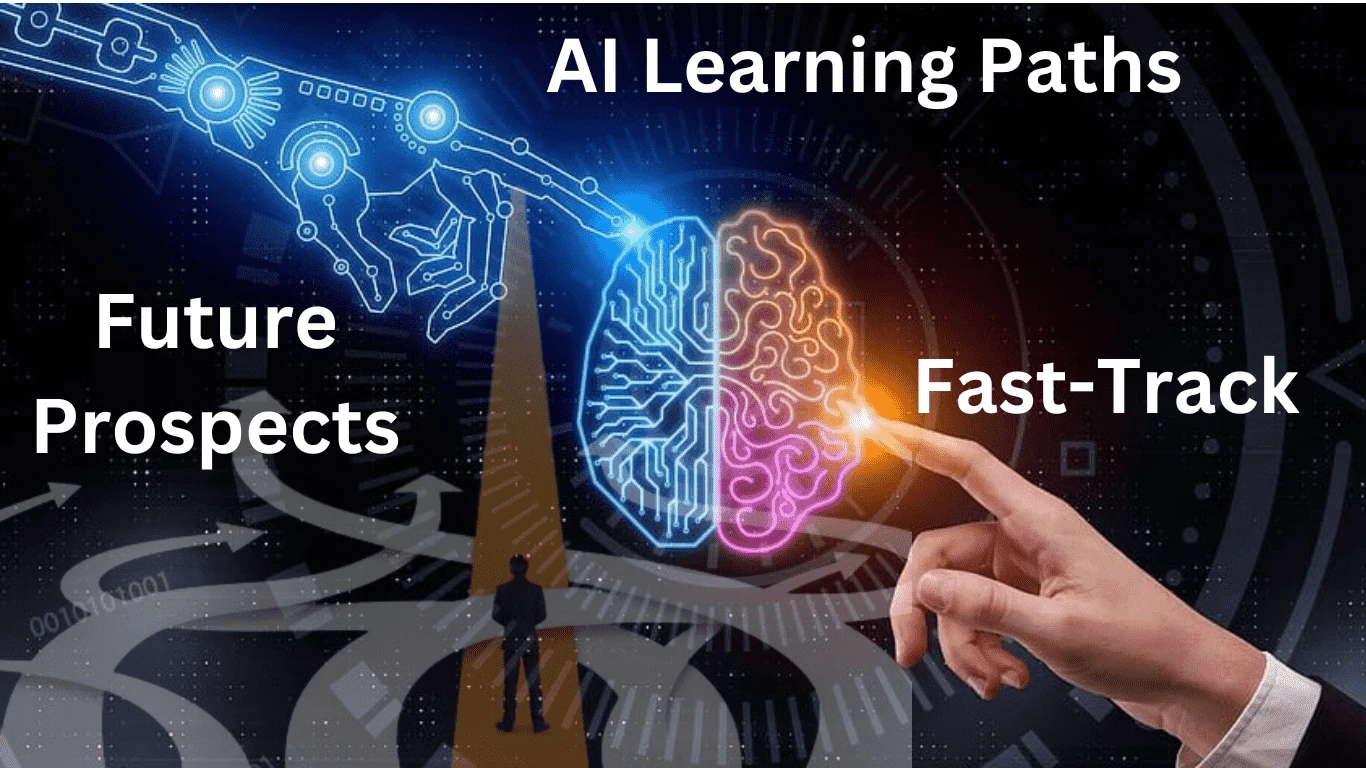Fast-Track to Becoming an AI Engineer: Learning Paths, Future Prospects, and Career Insights

Description:
Uncover the quickest routes to become an AI engineer, explore the future of AI, and delve into the benefits and challenges of this cutting-edge field. Learn from our expert guide featuring low competition and long-tail keywords.
Are you considering a career in Artificial Intelligence (AI) but unsure about the learning curve and career prospects? This comprehensive guide aims to clarify your path by exploring the fastest ways to become an AI engineer, the future outlook of AI, and the benefits and challenges associated with this field.
How Long Does It Take to Learn AI?
The time required to learn AI varies based on your existing knowledge and learning approach. Let's break down the potential learning paths and the time commitment involved:
1. Bootcamps and Online Courses
If you're eager to jumpstart your AI journey, specialized bootcamps and online courses can be completed in a relatively short timeframe, typically within 6 months to a year. These programs cover essential AI concepts, machine learning algorithms, and practical applications.
2. University Degree
For a more in-depth understanding and structured learning, pursuing a bachelor's or master's degree in AI or computer science is an excellent option. This academic route usually takes around 4 years for a bachelor's and 1-2 years for a master's, offering a comprehensive education and networking opportunities.
The Future of AI: Transformative Innovations and Collaborative Growth
The future of AI is bright and promising, with the potential to revolutionize various industries and enhance human-machine collaboration.
AI Integration Across Industries
AI is expected to be integrated across industries, from healthcare and finance to manufacturing and customer service, leading to increased efficiency and personalized experiences.
Advantages and Challenges of AI
While AI offers transformative benefits, it also presents several challenges that need to be addressed for responsible and ethical development.
Advantages
1. Efficiency and Automation: AI excels at automating repetitive tasks, streamlining operations across various sectors.
2. Enhanced Decision Making: AI's data analysis capabilities empower better-informed decisions, benefiting sectors like healthcare and marketing.
3. Risk Reduction: AI can handle high-risk tasks, minimizing human exposure to dangers in sectors such as manufacturing and transportation.
Challenges
1. Job Displacement: AI automation may lead to job losses, especially in sectors reliant on repetitive tasks.
2. Ethical Biases: Biased training data can result in discriminatory AI outputs, emphasizing the need for ethical AI development.
3. Privacy Concerns: Data collection for AI training raises privacy issues that need careful handling.
Average Salary of AI Engineers
Conclusion
The field of AI offers a promising and rewarding career path for those passionate about technology and innovation. Whether you opt for a quick bootcamp or a comprehensive university degree, building a strong foundation in AI is essential for success. Stay updated with the latest advancements and trends to remain competitive in this dynamic and evolving field.